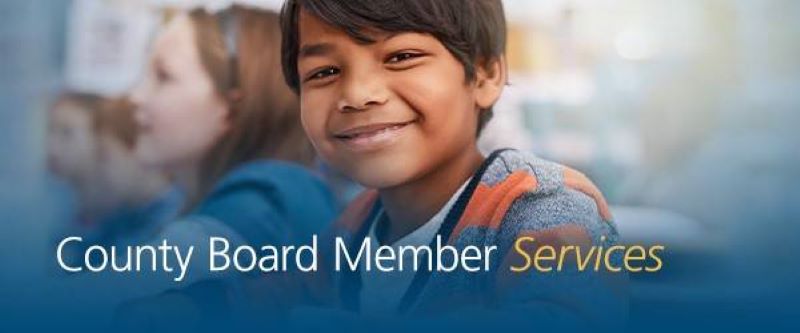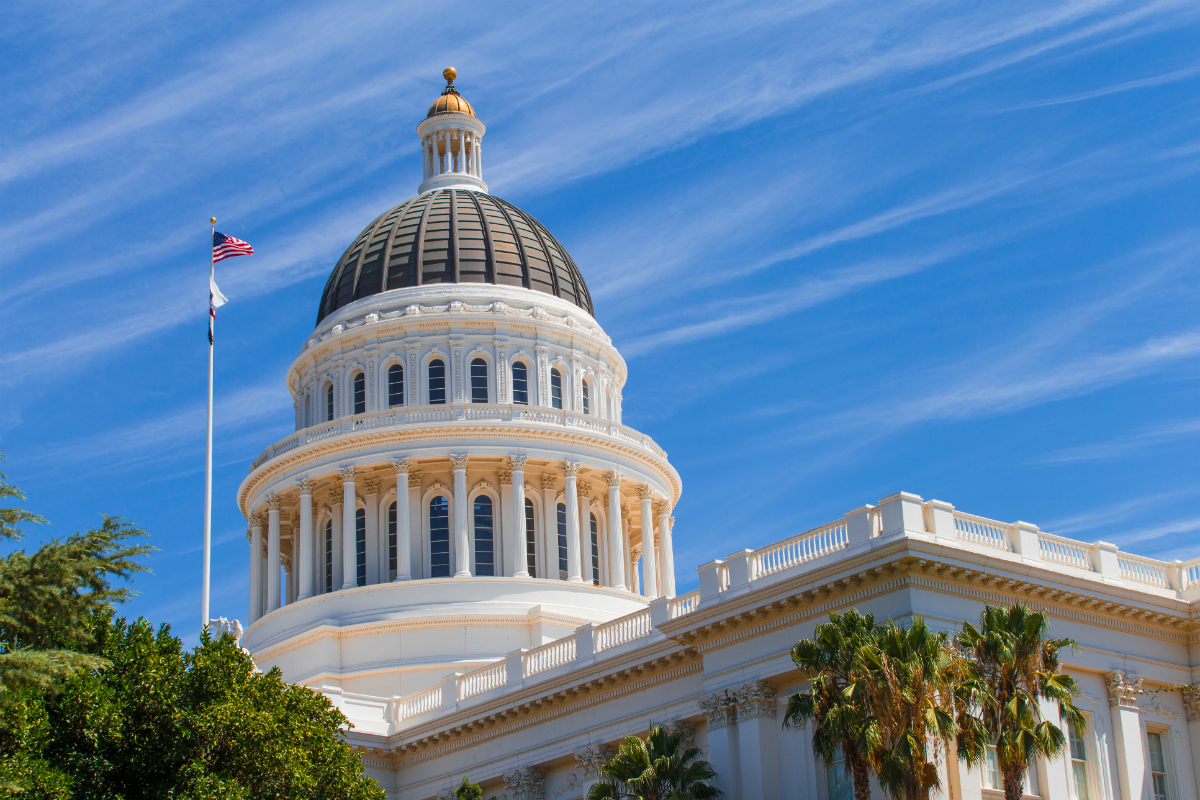Several new and recent polls conducted by Lake Research Partners (LRP), the Public Policy Institute of California and other research groups found that voters nationwide believe that their local school board does the best job addressing issues in public education, and would like to see student access to technology, mental health and social-emotional learning expanded to address the many inequities exasperated by the pandemic.
LRP founder Celinda Lake provided a rundown of findings on the first day of Coast2Coast — the three-day inaugural advocacy trip to Washington, D.C. hosted by CSBA and the Association of California School Administrators from April 25–27. The event enables school and county board members and superintendents to advocate directly with congressional representatives, White House officials, key federal agency leaders and other top policymakers to shine a light on the issues affecting the state’s nearly 6 million students.
Among the key findings:
Funding
Nearly 60 percent of voters nationwide said in an LRP poll conducted April 14–22, 2021, that funding for public schools should be increased. Of those, 86 percent said they would support an increase in funding even if it meant they would pay more in taxes. This was true among voters across demographics, but especially among voters of color and Democrats.
It appears, however, that some have wavered. In a separate LRP poll conducted Nov. 8–18, 2021, a majority of voters say they would be more likely to vote for a candidate who supported increased funding for public schools, but levels of support drop by 15 points when the prospect of increased taxes is raised. That said, while probing a tax increase does increase opposition, 57 percent of people reported they would still vote for the candidate who supports increased funding.
School boards
Voters are significantly more likely to have a positive view of public education when they think of schools locally as opposed to nationally. They are also most likely to see their local school board as doing a good job on the issue of public education, as opposed to politicians at the state or national levels. Women, voters in the Northeast and Midwest, and Democrats were most likely to say their local school board is doing an excellent or good job on the issue of public education.
In California, April 2021 polling conducted by the Public Policy Institute of California (PPIC) found 40 percent of adults generally and 50 percent of parents with a school-age child gave their public schools a passing grade of an A or B, compared to 18 percent of both groups, which gave local schools a D or F grade.
The poll also showed that 54 percent of adults overall and 61 percent of public school parents believe the state K-12 public education system is overall going in the right direction.
College and career
That same PPIC poll found that 62 percent of adults and 71 percent of public school parents in California said their local public schools are doing a good or excellent job at preparing students for college, but the percentage of adults and public school parents who say their local public schools are doing a good or excellent job at preparing students for jobs and the workforce drops to 54 and 64 percent respectively, showing room for improvement.
Policy priorities
The November LRP poll found voters are most likely to say school safety, quality teachers, teaching real-world/job skills and providing support and resources for children with disabilities are extremely important issues for public officials and education leaders to address. Issues related to training and support for teachers and other educators, mental health and support services and addressing learning loss — though still critical — fall into a second tier.
Voters also said that additional counseling, providing students and their families with high-speed internet and/or laptops, tablets or other technology, individualized learning plans and offering afterschool and/or summer learning opportunities would be very helpful to students moving forward. Voters were more divided about the helpfulness of longer school years, additional school days and longer school days.
Social-emotional learning
Between 80 and 83 percent of respondents to the November LRP poll favored proposals that integrate whole-child support systems in schools (including nutritional, mental and physical health programs); invest in personalized learning focused on each student’s individual learning needs; address students’ social-emotional and mental health needs; and implement inclusive curricula that engages students across an array of subject areas including arts, STEM, civics, health and social-emotional learning.
Results of a National Alliance on Mental Illness Parent Survey conducted Nov. 9–17, 2021, of parents to children aged 0–17 show that 48 percent of respondents strongly agree with the statement that their child(ren)’s mental health matters more than their academic achievement. Forty-four percent strongly believe mental health education should be taught in school, but only 25 percent said they strongly agree that their child(ren)’s school has been supportive of their child(ren)’s mental health.
Digital divide
More than three-quarters of voters said in the November LRP poll that the pandemic makes them think ensuring students have easier access to technology and broadband should be more of a priority — 50 percent say it should be much more of a priority.
Nearly 50 percent of respondents reported they strongly believe that the digital divide must be addressed by investing in both high-speed internet access and technology for all students inside and outside of the classroom.





